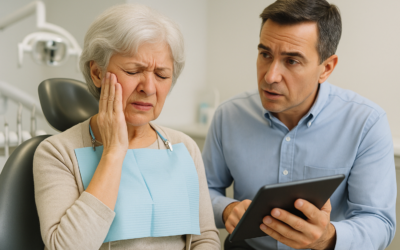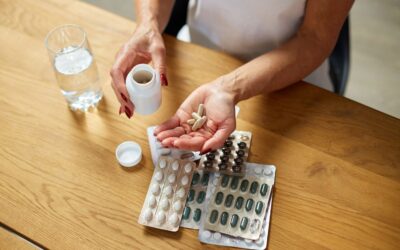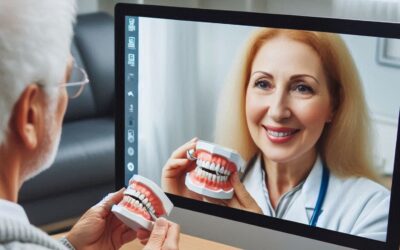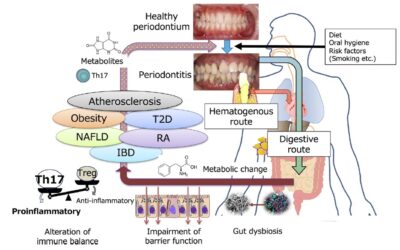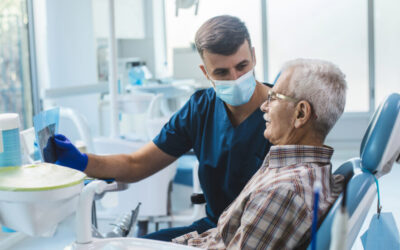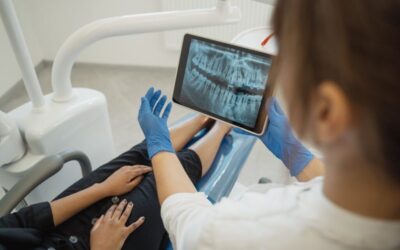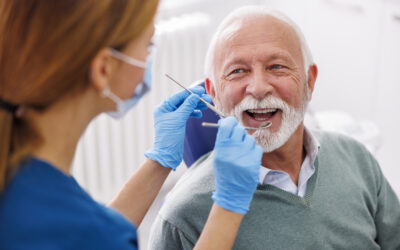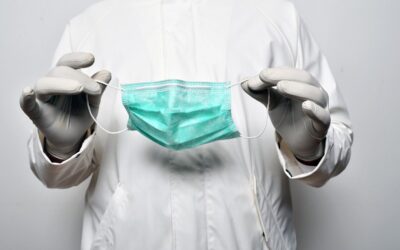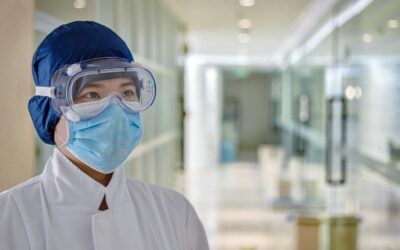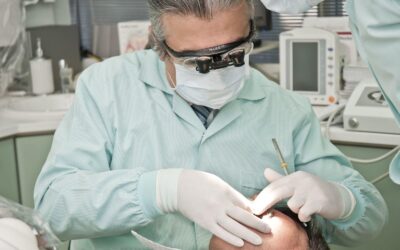https://open.spotify.com/episode/2R23db2441ATEur6PodA3R?si=EYJfgRjLTPy6OD3lIZRF5Q Introduction June marked Headache Awareness Month, an important opportunity to highlight often-overlooked issues in older adults, such as migraine and chronic headache disorders. As a...
The Geriatric Dentistry Revolution: Why Formal University Education Surpasses Continuing Education for Specialized Dental Practice
https://open.spotify.com/episode/4UrdnWQkrAGyj3Rntbm1mm?si=i-e6yJXaQPq5bvN1Tug-Tg What if the secret to transforming your elderly patients' lives required more than a weekend conference—what if it demanded the rigorous, systematic education that only accredited...
Oral Cancer Risk in Older Adults: What Dental Professionals Need to Know
https://open.spotify.com/episode/4FktYN7zFR55azf2xx0Rae?si=Ub4TUrHDR8-RUKwnnmaSTg As people age, their oral health becomes more complex, and one critical area of concern is the risk of oral cancer. A key part of this risk involves oral potentially malignant...
Ethical Clinical Decision-Making for Older Adults
https://open.spotify.com/episode/4Xx36lvjRIbe88CBOBBJvf?si=R1SyP0qIRC6cZP2GCrIc6Q As dentists, we also hold a position of trust within society. As a consequence, the society affords the profession certain privileges that are not available to...
The Lifelong Impact of Childhood Oral Health: A Life Course Perspective
https://open.spotify.com/episode/653PTsSky9NJil9Q9ps7qm?si=GLQtwK6zTEmSoS8gKT0WEg February marks National Children's Dental Health Month, prompting us to examine how early dental care shapes not just childhood health, but long-term wellbeing throughout adulthood and...
The Importance of Global Health and Public Health Initiatives for the Geriatric Population
6-Minute Listen Global health and public health initiatives play a critical role in ensuring the well-being of the geriatric population worldwide. As life expectancy increases, the number of older adults is growing rapidly, presenting unique challenges and...
Why Pursue a Master’s in Geriatric Dentistry? Insights from Dr. Theresa Cleary and Dr. Phil Kroll
9-minute Listen As the population ages, the demand for specialized dental care tailored to the needs of older adults continues to grow. Geriatric dentistry offers an opportunity to make a meaningful impact while advancing your career in education, clinical practice,...
Impact of Post Graduate Education in Geriatric Dentistry on Patient Care
15-Minute Listen Introduction Are we as dental professionals prepared and ready to meet the rapidly increasing demand of growing numbers of older adults in the U.S.? [1] These older adults will come into our offices with diverse issues such as...
Navigating Vitamins, Supplements, and Over-The-Counter Medications
14-Minute Listen As we age, our bodies change in ways that can impact our nutritional needs and how we process medications. For older adults, keeping a close eye on vitamins, supplements, and over-the-counter (OTC) medications is crucial for maintaining good...
Nutrition and Diet in Older Adults: A Key to Healthy Aging
6-Minute Listen As we age, our nutritional needs change, and maintaining a balanced diet becomes increasingly important for overall health and well-being. Recent research has shed light on the crucial role of nutrition in healthy aging, highlighting specific dietary...
The Impact of Environmental Factors such as Air Pollutions on Older Adults
Environmental issues affect us all, but older adults face unique vulnerabilities when it comes to pollution. As the global population ages, understanding how pollution affects older adults becomes increasingly urgent. Let's explore how pollutants impact their health,...
Embracing Technology in Geriatric Dental Education: Preparing for the Future of Oral Healthcare
This blog is part of the Geriatric Dentistry Program weekly special – updates in Advancement and Oral Health in Geriatric Dentistry. Students in programs at dental schools across the country are increasingly benefiting from the flexibility of advanced education...
Are Older Adults More Vulnerable to Oral Systemic Link?
This blog is part of the Geriatric Dentistry Program weekly special - updates in Advancement and Oral Health in Geriatric Dentistry. The link between oral and systemic diseases has been under intense investigation in recent years. This is certainly an exciting...
Connect and Collaborate: The Power of Geriatric Dentistry Conferences
As we start returning to in person live conferences, we are excited to share insights, tips, and highlights of geriatric dentistry conferences to help you navigate the world of professional development and networking opportunities! Special Care Dentistry Association...
Busted! 5 Myths About Aging
Myths are beliefs that while widely held are not true. There are so many myths about aging that an entire book could be filled. Below we discuss some old and some new myths that you may have heard in your professional and personal circles. See if you recognize them....
Elevating Geriatric Dentistry: Best Practices and Considerations
Geriatric dentistry stands at the intersection of precision, ethics, and patient care. In this blog, we delve into essential guidelines, separating the dos from the don'ts to aid both emerging and seasoned dental practitioners in delivering exceptional care. Creating...
Dental Care for Older Adults with Multiple Health Conditions
The Aging-Related Statistics suggest that by the year 2030, the number of U.S. adults 65 years or older will reach 72 million, representing nearly 20% of the total U.S. population, almost doubling in number as compared to the year 2000 [1]. Older adults are,...
Embracing Preventive Oral Care for Older Adults
The other day, I found myself discussing the importance of preventive oral care with a patient. To my surprise, she exclaimed, "Preventive care for me? I'm 69 years old; that's for kids!" Chances are, you've encountered similar reactions from your patients. It's a...
Can Dentists Prevent Pneumonia?
Your new patient comes in with her caregiver in a wheelchair. She is 83 years old and accompanied by her daughter who is carrying a box of Kleenex. The patient starts coughing and the daughter tells you that she has a history of pneumonia and hands her a tissue. You...
Breaking Down Barriers: Dentists’ Challenges in Treating Older Adults
With the rapidly increasing number of older adults in the U.S., dentists must question if we are adequately prepared to accommodate these older adults within our practices. Increasing comorbidities and frailty associated with aging for many older adults make it...
How to Conduct an Intraoral Dental Screening
An intraoral dental screening should be a routine part of any dental assessment: checking and recording the presence or absence of any abnormalities. The importance of regular dental examinations has been emphasized by the many studies which show positive outcomes for...
COVID-19’s Impact on Nursing Home Residents
Today we're talking about COVID-19's impact on nursing home residents that goes beyond what you might have heard in the news. Please find the recorded lecture, the PowerPoint presentation, and a formatted transcription of the lecture below. Don't have time to read...
How to Support Geriatric Patients with Dementia and COVID-19
This content was originally presented during the Herman Ostrow School of Dentistry of USC's 2020 Geriatric Boot Camp. The original presentation can be found below, as well as an adapted write-up of what we covered in our session. Don't have time to read the full...
How to Perform a Salivary Gland and Salivary Flow Exam
In previous articles, Dr. Roseann Mulligan explored Xerostomia, Salivary Gland Hypofunction, the role of saliva in older adults, and the causes of dry mouth including xerogenic medications and systemic diseases. In this article, we'll cover a few practical methods to...

